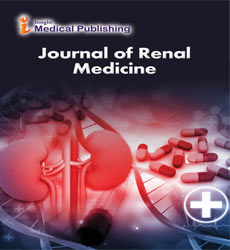Strategies for Taking Medicines in Adult Patients with Renal Transplantation
Abstract
Adherence to the immunosuppressant medications is important for the proper function a renal graft, but there are factors that make this difficult. This study describes strategies and barriers to adequate intake of these medicines based upon 177 surveys in renal transplant patients. Medication adherence was reported to be high (84%), but there were barriers to taking medications (64.95%): the most common were that the pharmacy did not work medicines (28.81%), changes in medication or dose (24.29%), failure to remember (9.6%), and lack of time (6.78%). The most common strategies for taking medications were: the use of cell phone alarms (15.25%) or alarm clocks (9.04%), schedules (5.65%), drug-related meals (5.08%), drug use book (2.26%), and visibility on the table (2.26%). Proper understanding of the barriers to medication adherence and strategies used by recipients may help physicians more adequately educate patients, thereby reducing the risk of rejection related to nonadherence and suggest, specific interventions for improvement.
Open Access Journals
- Aquaculture & Veterinary Science
- Chemistry & Chemical Sciences
- Clinical Sciences
- Engineering
- General Science
- Genetics & Molecular Biology
- Health Care & Nursing
- Immunology & Microbiology
- Materials Science
- Mathematics & Physics
- Medical Sciences
- Neurology & Psychiatry
- Oncology & Cancer Science
- Pharmaceutical Sciences
